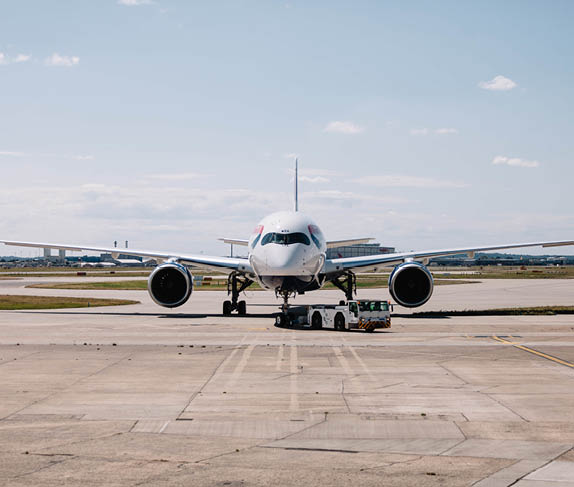The European Union has threatened Russia with renewed, harsher sanctions as a consequence of suspected Russian involvement in the MH17 disaster.
For the first time during a meeting in Brussels, EU foreign ministers raised the possibility of restricting Russian access to European capital markets, defence and energy technology, asking the executive European Commission to draft proposals this week.
Sanctions would require the unanimous approval of all EU governments, and would apply only if the Russian government does not cooperate with an international investigation into the cause of MH17.
The EU ministers agreed to widen the list of individuals and entities targeted by sanctions, and opened up the possibility of imposing new sanctions on individuals who give financial support to Russian decision-makers.
Dutch Foreign Minister Frans Timmermans said: "I am happy that we have taken a decision which is I think quite forceful and that we have reached this decision unanimously,"
However, efforts to forge a united front were hampered by a French announcement that the planned delivery of a warship to Russia would proceed, despite US and British calls to halt it.
The next scheduled summit is due on August 30th, but Polish Foreign Minister Radoslaw Sikorski said the decision could also be taken by ministers or by an exchange of letters.

